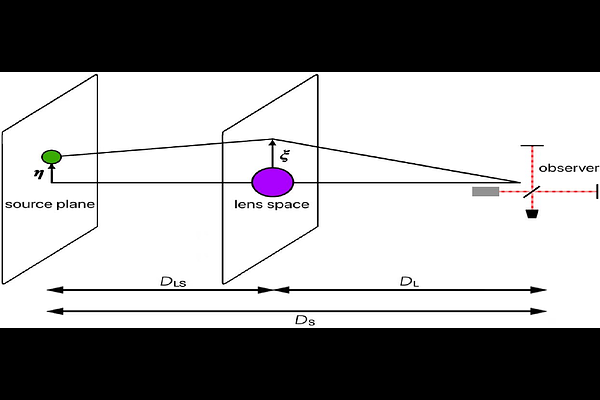Parameter inference of microlensed gravitational waves using neural spline flows

Parameter inference of microlensed gravitational waves using neural spline flows
Zheng Qin, Tian-Yang Sun, Bo-Yuan Li, Jing-Fei Zhang, Xiao Guo, Xin Zhang
AbstractWhen gravitational waves (GWs) propagate near massive objects, they undergo gravitational lensing that imprints lens model dependent modulations on the waveform. This effect provides a powerful tool for cosmological and astrophysical studies. However, conventional Bayesian parameter inference methods for GWs are computationally expensive, especially for lensed events with additional lens parameters, necessitating more efficient approaches. In this work, we explore the use of neural spline flows (NSFs) for posterior inference of microlensed GWs, and successfully apply NSFs to the inference of 13-dimensional lens parameters. Our results demonstrate that compared with traditional methods like Bilby dynesty that rely on Bayesian inference, the NSF network we built not only achieves inference accuracy comparable to traditional methods for the main parameters, but also can reduce the inference time from approximately 3 days to 0.8 s on average. Additionally, the network exhibits strong generalization for the spin parameters of GW sources. It is anticipated to become a powerful tool for future low-latency searches for lensed GW signals.